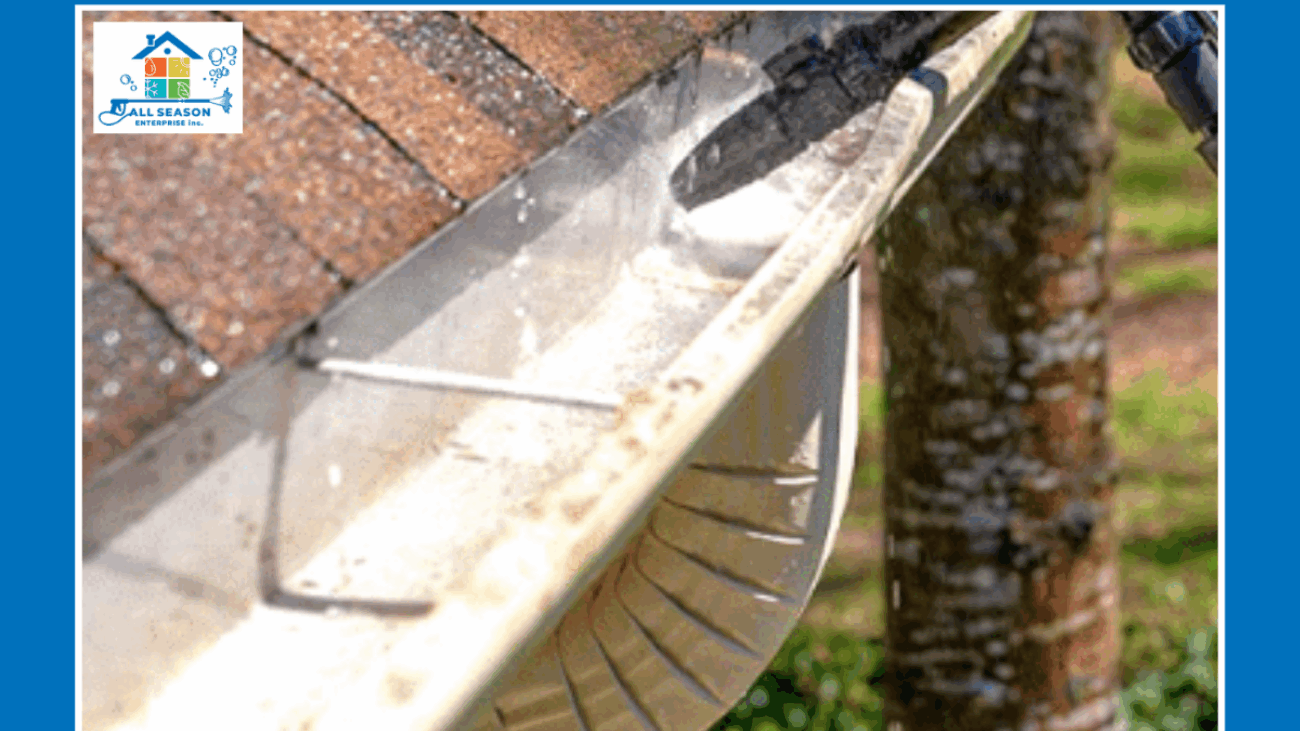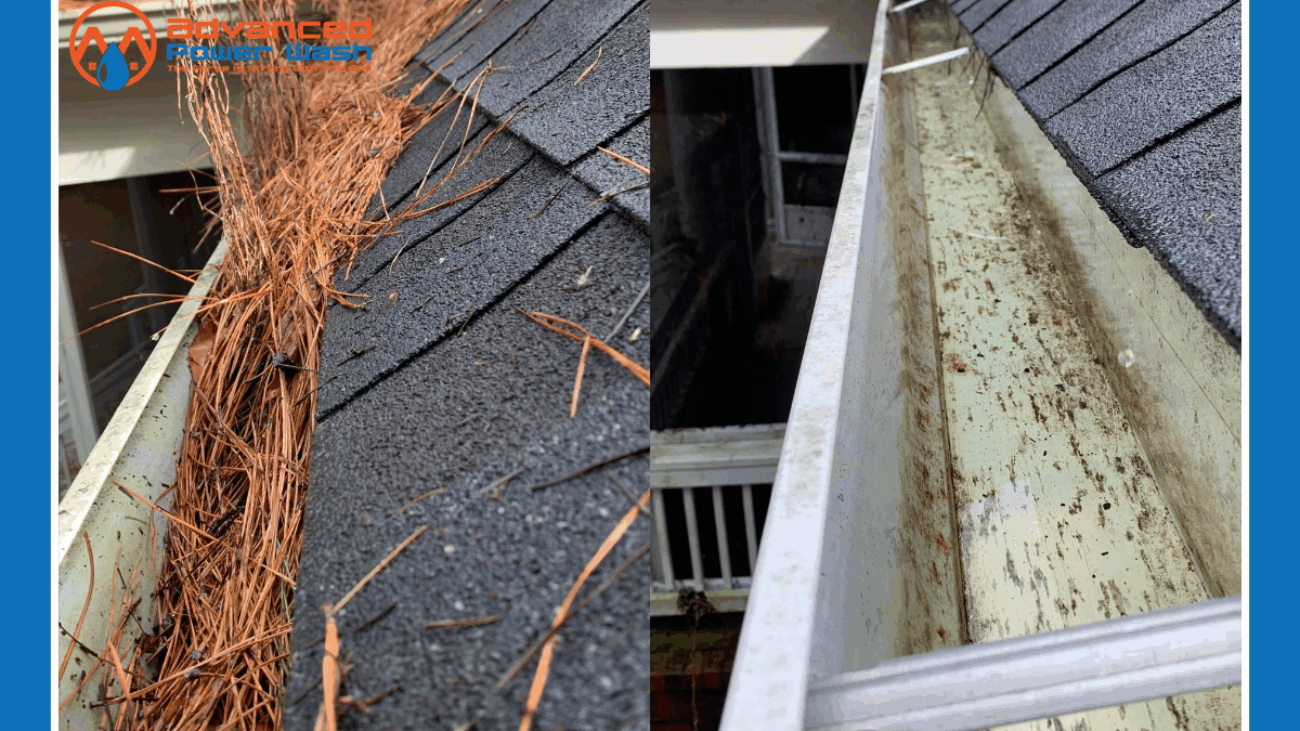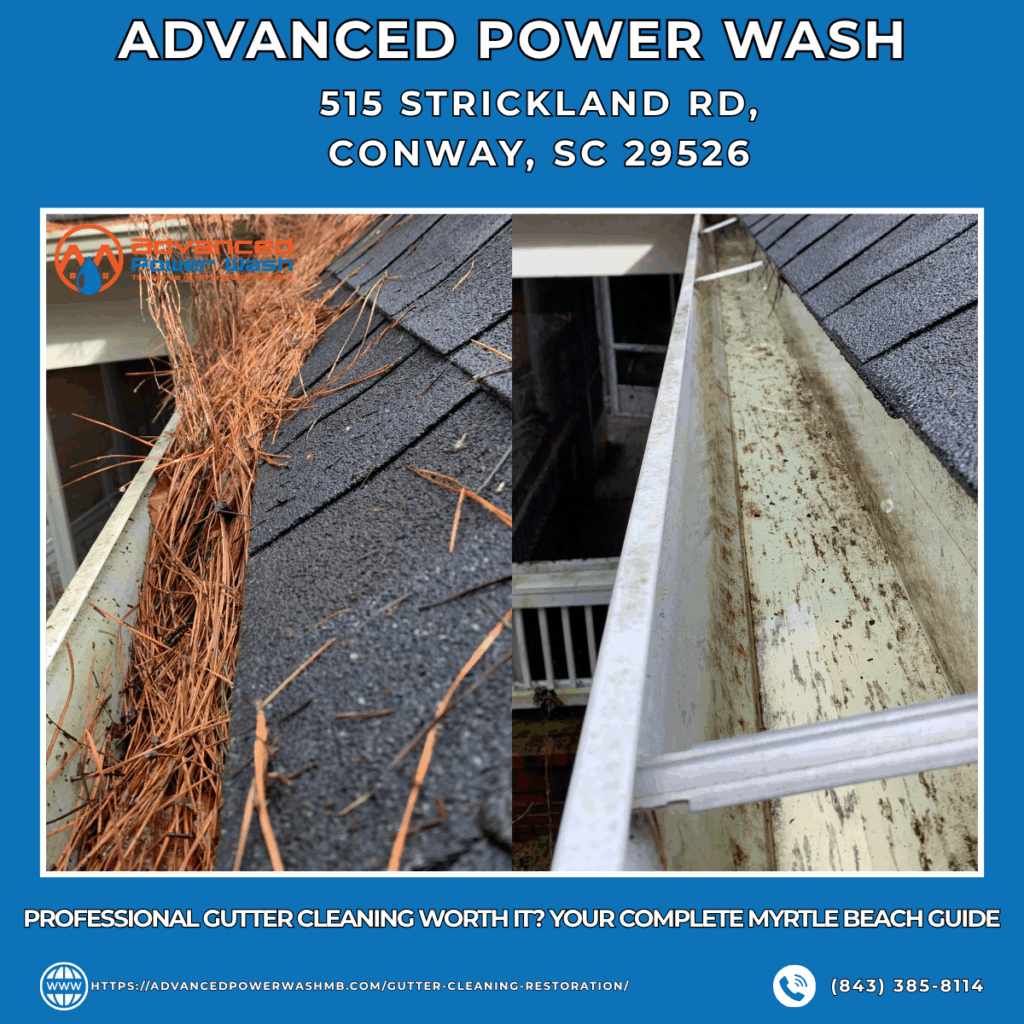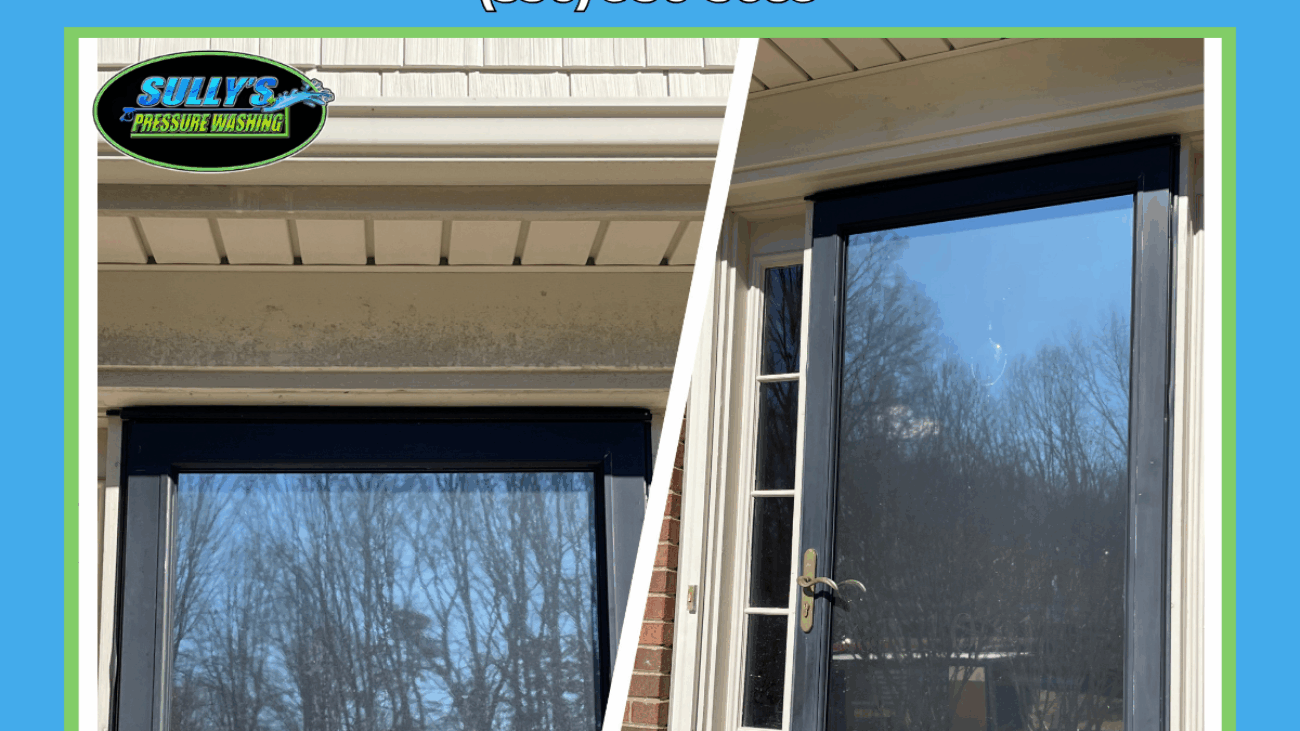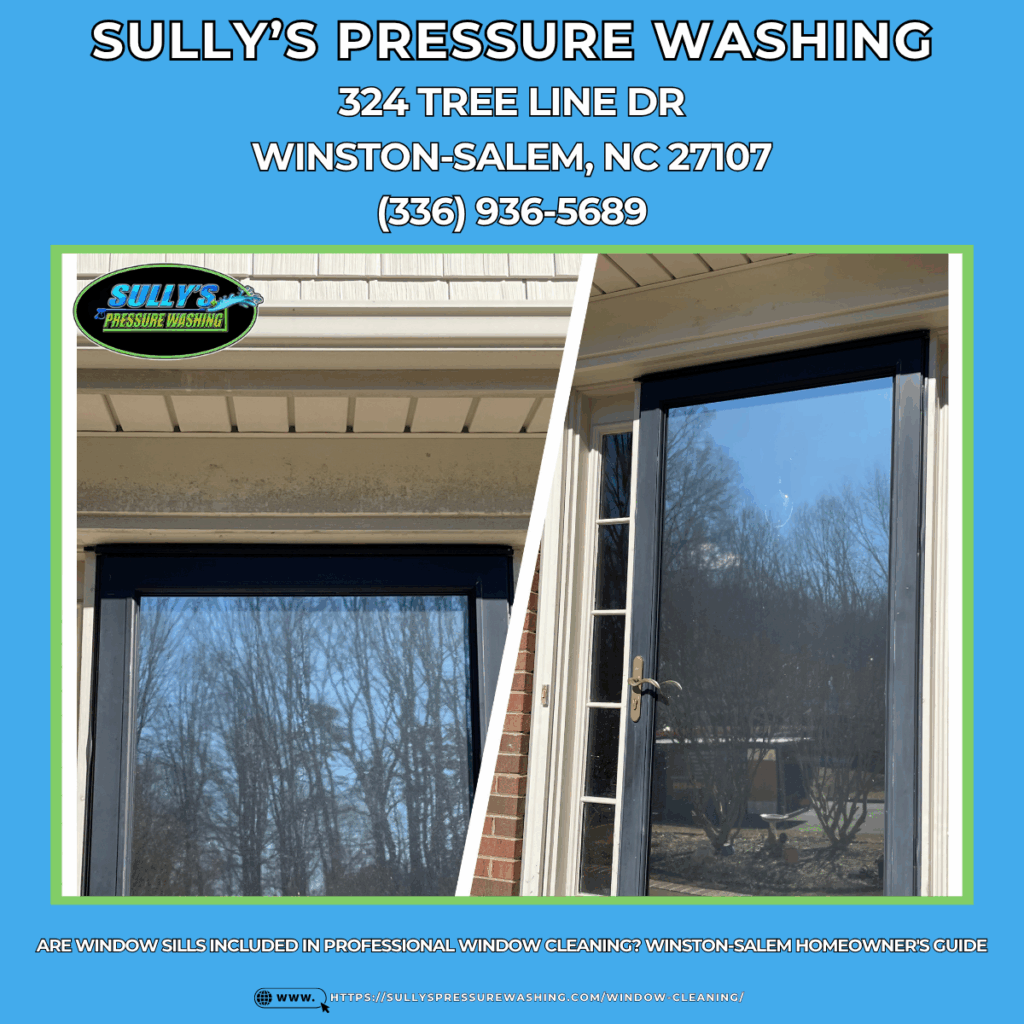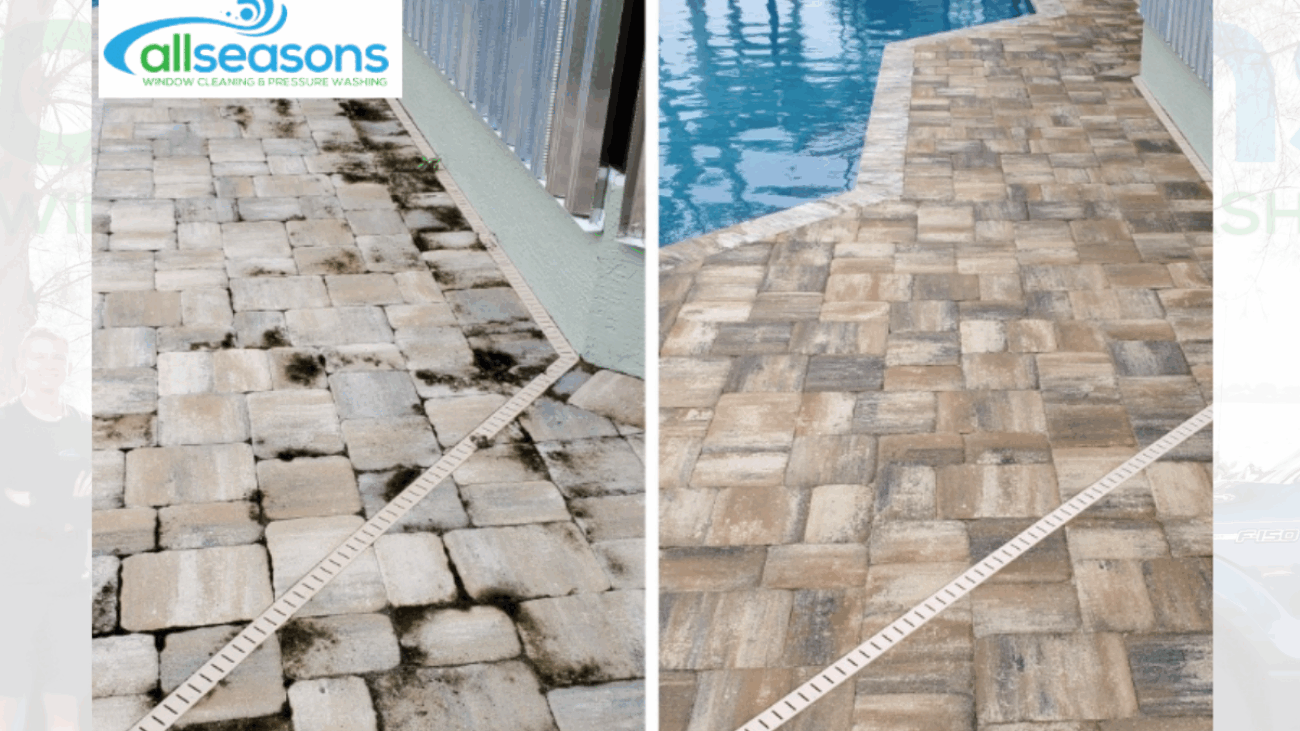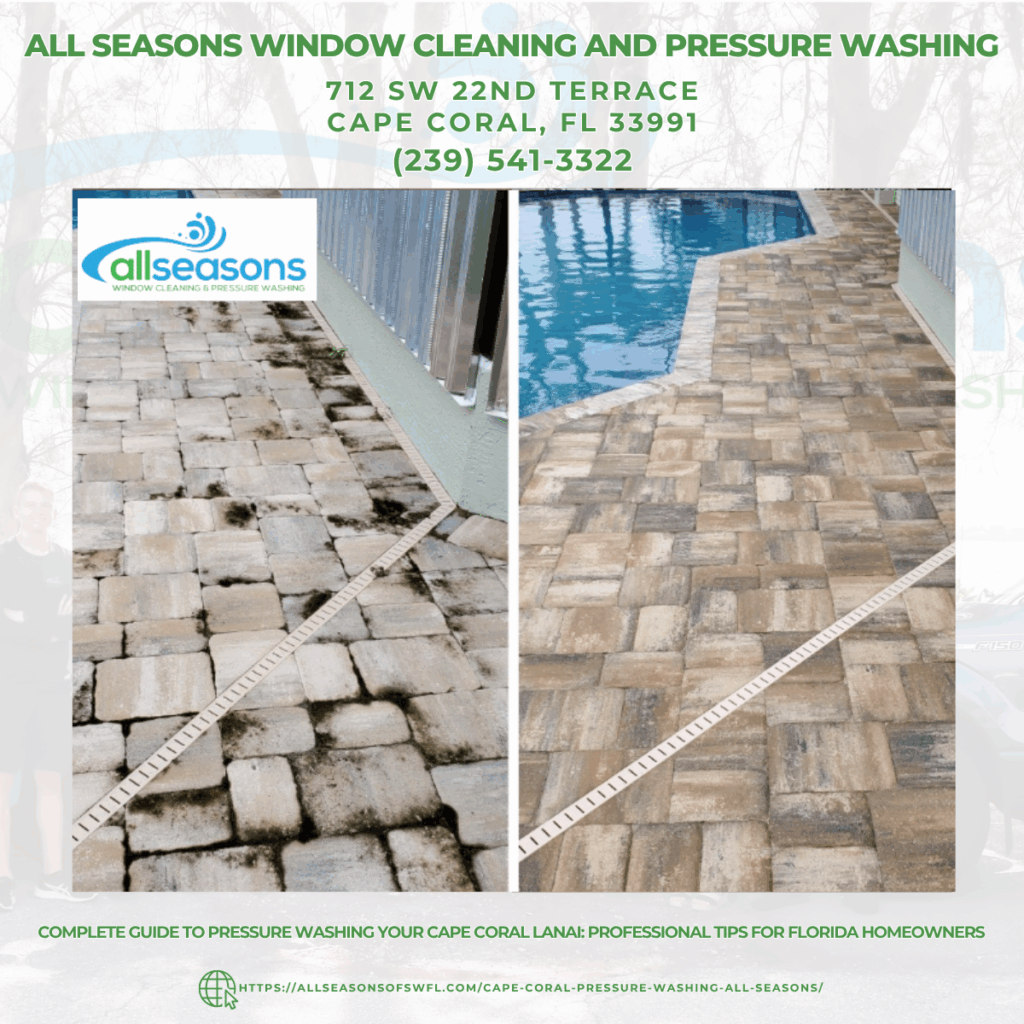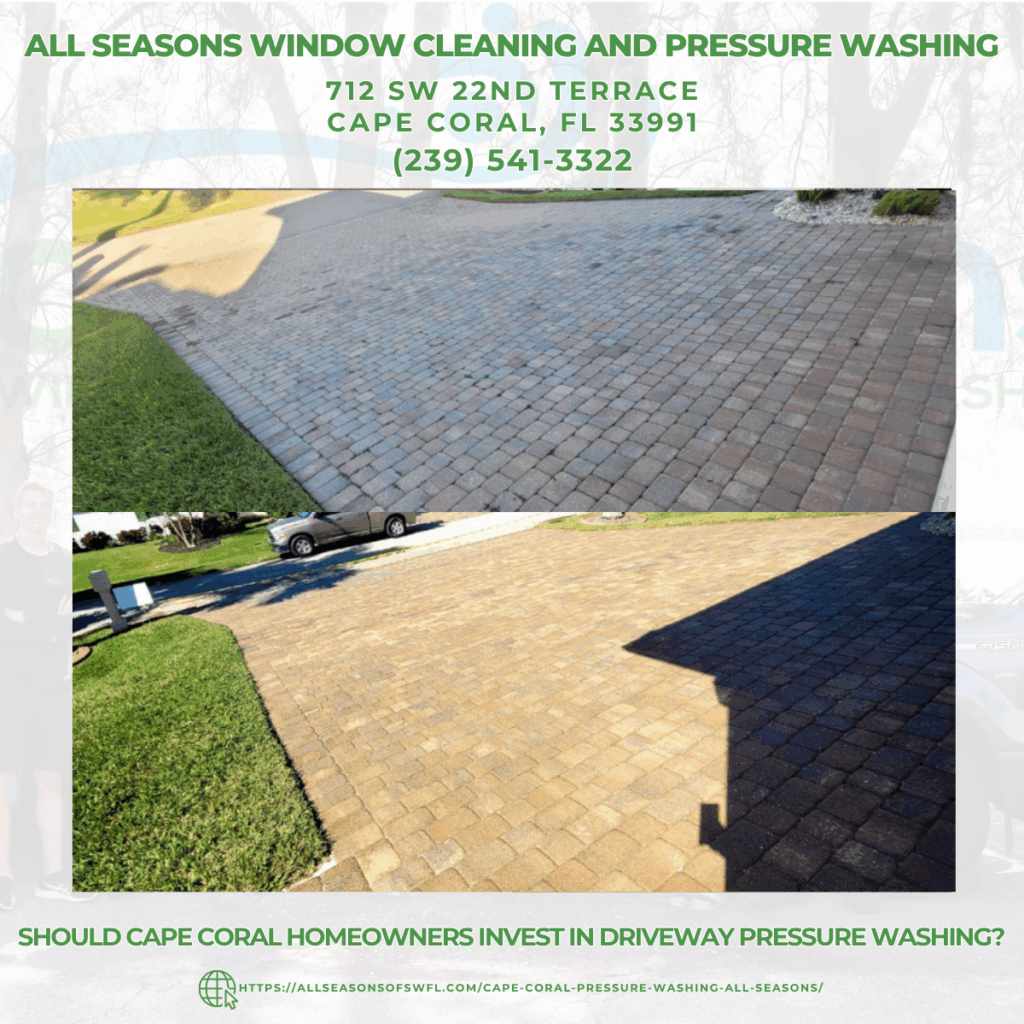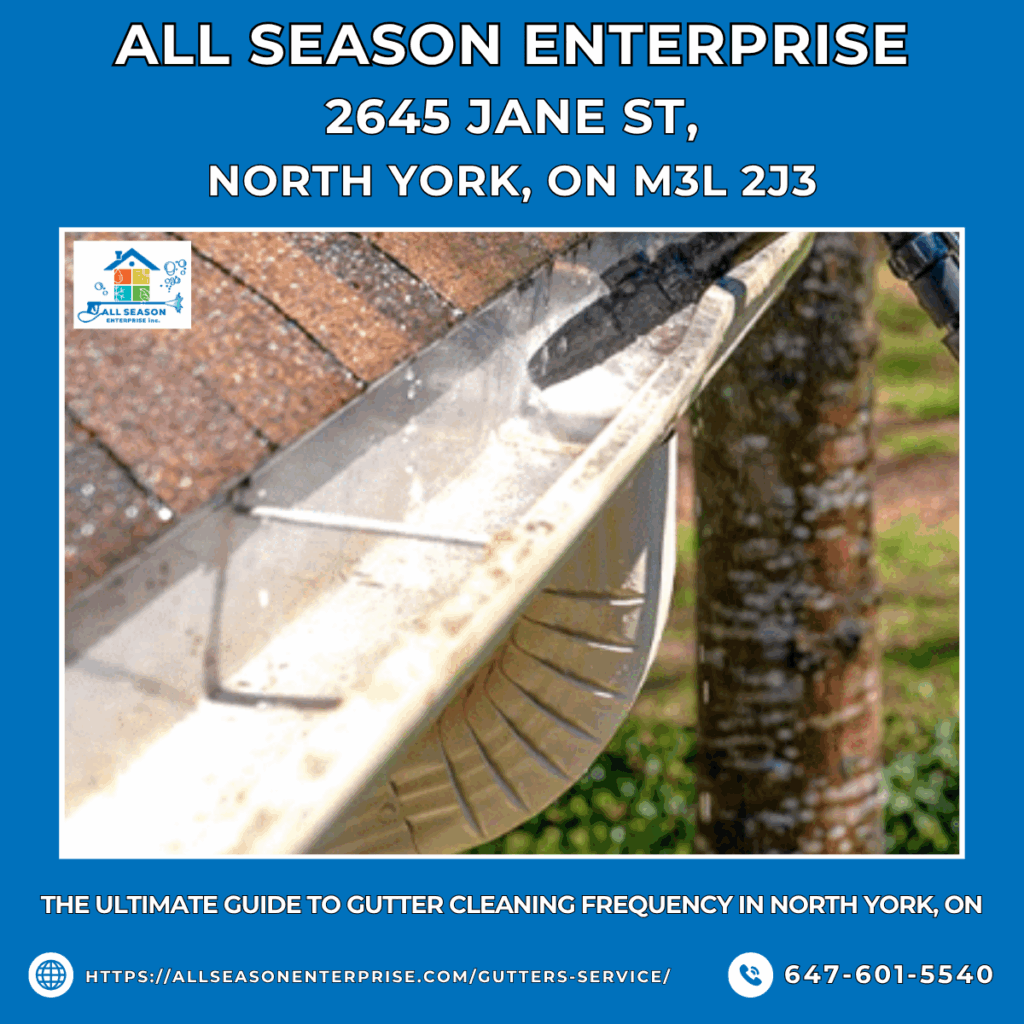
The Ultimate Guide to Gutter Cleaning Frequency in North York, ON
Why Regular Gutter Cleaning Matters in North York, ON
Understanding the importance of gutter cleaning is fundamental to protecting your North York home from preventable damage. Your gutter system represents a sophisticated water management infrastructure designed to channel thousands of gallons of rainwater and snowmelt away from your property’s most vulnerable areas. When functioning properly, gutters prevent soil erosion around your foundation, protect basement walls from moisture infiltration, preserve your landscaping investments, and maintain the structural integrity of your roof and fascia boards.
North York’s geographical location and climate create specific challenges that affect gutter cleaning frequency North York residents must address. The area experiences considerable precipitation throughout the year, with spring bringing heavy rains and fall delivering substantial leaf accumulation from the region’s abundant deciduous trees. Winter introduces the added complication of freeze-thaw cycles that can trap debris in ice, creating blockages that persist until spring thaw. These unique weather considerations make proactive gutter maintenance essential rather than optional. Failing to maintain clean gutters can result in foundation settling, cracked walls, mold growth inside your home, and damage to fascia boards that requires expensive carpentry work—all preventable through regular attention to your gutter system.
Recommended Gutter Cleaning Schedule for North York Homeowners
Determining how often to clean gutters North York properties require depends on multiple factors, but the baseline recommendation starts at twice annually. This standard gutter maintenance schedule typically involves one thorough cleaning in spring (late April to mid-May) and another in fall (late October to mid-November). These timings align with North York’s seasonal patterns, addressing the aftermath of winter and preparing for the challenges of the cold season ahead.
However, your individual circumstances may demand adjustments to this general guideline. Homes surrounded by mature trees—particularly those with species that shed heavily like maples, oaks, willows, and evergreens—often require quarterly attention. If your property sits in a heavily wooded neighborhood or near a ravine with significant vegetation, plan for three to four annual cleanings. Conversely, newer developments with minimal tree coverage and modern gutter guard systems may adequately maintain with annual professional inspections and bi-annual cleanings. Consider also your roof type: asphalt shingles shed granules that accumulate in gutters, while metal roofs typically contribute less debris. Single-story ranch homes present easier DIY opportunities, while two or three-story properties benefit from professional services that can safely access all levels.
Seasonal Considerations Affecting Gutter Cleaning
Spring cleaning becomes paramount for seasonal gutter cleaning North York homeowners schedule because winter leaves behind a challenging mixture of organic debris, ice damage, and roof material deterioration. As temperatures warm and snow melts, you’ll discover months of accumulated twigs, seed pods, and decomposing leaves that have compressed into dense blockages. Spring also brings nesting season, when birds may build homes in clogged gutters, adding another layer of debris and potential downspout obstructions. Conducting thorough spring maintenance ensures that the frequent rainfall typical of April and May can flow unimpeded through your drainage system.
Fall presents the most critical window for gutter maintenance in North York. As deciduous trees shed their leaves, gutters can fill completely within days during peak drop periods. Fall gutter cleaning tips emphasize waiting until most leaves have fallen while completing the work before the first hard freeze. In North York, this sweet spot typically occurs between mid-October and late November, depending on the specific weather patterns of that year. Many experienced homeowners perform an initial gutter cleaning in early October to remove the first wave of fallen leaves, followed by a final comprehensive cleaning in November to capture late-falling foliage and prepare the system for winter. This two-phase fall approach prevents the heavy leaf load from overwhelming gutters and ensures optimal performance heading into the challenging winter months.
Signs You Need to Clean Your Gutters Sooner
Between scheduled maintenance, remain vigilant for gutter cleaning signs that indicate immediate attention is necessary. The most obvious indicator is water overflowing from gutter edges during rainfall—if water cascades over the sides instead of exiting through downspouts, you have a blockage requiring prompt clearing. Dark vertical streaks on your home’s exterior siding signal that water is escaping the gutter channel and running down your walls, potentially causing paint damage, wood rot, and moisture intrusion.
Physical changes to the gutter structure itself provide important warnings. When to clean gutters early becomes obvious if you notice gutters sagging, pulling away from the fascia, or developing visible gaps at the seams—these symptoms indicate the weight of accumulated debris and trapped water exceeds the system’s capacity. Ground-level observations matter too: pools of water forming near your foundation after rain, eroded soil beneath gutter lines, or settling mulch beds all suggest that water isn’t being directed away from your home properly. Inside your home, watch for basement dampness, musty odors, or water stains on foundation walls. These interior symptoms often trace back to exterior drainage failures. Additionally, if you notice mosquitoes congregating near your roofline, wasps building nests under eaves, or squirrels taking interest in your gutters, these pests are attracted to the standing water and debris that accumulates in neglected systems.
Benefits of Hiring Professional Gutter Cleaning Services in North York
Investing in professional gutter cleaning North York services delivers value that extends beyond simple debris removal. The primary advantage is safety—falls from ladders rank among the most common serious home injuries, and working at roof height presents significant risks even for experienced individuals. Professional technicians carry comprehensive liability insurance and workers’ compensation coverage, protecting you from financial responsibility if accidents occur. They utilize commercial-grade ladders, safety harnesses, and specialized equipment designed for efficient, secure gutter access.
Beyond safety, professionals bring expertise that enhances the service quality. They don’t simply scoop out visible debris; they flush entire systems, test water flow rates, inspect for damage, identify proper gutter pitch, check fastener security, and alert you to problems before they become emergencies. Many gutter cleaning services near me offer additional value through bundled services like minor repairs, gutter guard installation, and seasonal maintenance contracts that provide regular care at discounted rates. Local North York providers understand regional challenges—they know which tree species cause the most problems, recognize weather patterns that accelerate debris accumulation, and can recommend solutions specific to your neighborhood’s conditions. The efficiency professionals bring also matters: a job requiring an entire weekend of your time can be completed in two to three hours by a trained team, freeing your schedule while ensuring superior results.
DIY Gutter Cleaning Tips and Safety Precautions
For homeowners tackling how to clean gutters safely themselves, preparation and proper technique make the difference between successful maintenance and dangerous situations. Ladder safety cannot be overemphasized—choose an extension ladder tall enough that you don’t need to stand on the top three rungs, and ensure it’s rated for your weight plus tools. Position the ladder on firm, level ground, and use ladder stabilizers or standoffs that rest against the wall rather than the gutters themselves. Move the ladder frequently rather than overreaching, which causes most ladder accidents.
Effective DIY gutter cleaning North York homeowners perform requires specific tools and supplies. Invest in thick, waterproof work gloves that protect against sharp metal edges, decomposing organic matter bacteria, and potential wasp encounters. Use a plastic gutter scoop or small garden trowel to remove debris—metal tools can damage gutter liners. Keep a bucket with a wire handle to hang from your ladder, or spread a tarp below to collect debris for easier cleanup. After removing solid material, flush gutters with a garden hose, working toward downspouts to push fine particles through the system. If downspouts are clogged, tap them gently with a rubber mallet or use a plumber’s snake to clear obstructions. Never use pressure washers from ladders—the force can cause dangerous instability. Recognize situations that demand professional help: homes over one story, roofs with steep pitches, properties with complex rooflines or hard-to-reach areas, and any scenario where you feel uncomfortable or uncertain about safety.
Preventative Measures to Reduce Gutter Cleaning Frequency
Strategic preventative measures can dramatically reduce gutter cleaning frequency while maintaining system effectiveness. Gutter guards North York professionals install come in various configurations, each with specific advantages. Mesh screens prevent large debris while allowing water through, foam inserts block debris while absorbing and channeling water, and reverse-curve systems use surface tension to guide water into gutters while shedding leaves. While no system eliminates maintenance entirely—fine debris, roof granules, and pollen still accumulate—quality gutter guards can extend cleaning intervals from twice yearly to annually or even every 18 months for many properties.
Regular visual inspections complement physical gutter cleaning by catching problems early. Walk your property’s perimeter after significant rainstorms, observing how water flows through gutters and whether any sections drip, overflow, or pool. Binoculars allow safe inspection from ground level, letting you spot potential issues without climbing. Tree management significantly impacts debris accumulation—trim branches that overhang your roofline by at least three feet, which reduces the volume of leaves and twigs falling directly into gutters and minimizes the risk of storm damage. Keep your roof clean and well-maintained; missing shingles and accumulated roof debris wash into gutters during rain. Install downspout extensions or splash blocks to carry water at least five to six feet from your foundation, protecting your home’s base while ensuring your gutter system serves its intended purpose effectively.
Frequently Asked Questions
How often should gutters be cleaned in North York ON?
Most North York properties require gutter cleaning at least twice per year—spring and fall. However, homes with significant surrounding trees may need quarterly cleanings, while properties with minimal vegetation and gutter guards might manage with annual professional maintenance.
What happens if gutters aren’t cleaned regularly?
Failing to maintain gutters leads to water damage throughout your home, including foundation cracks, basement flooding, roof damage, rotting fascia and soffit boards, ice dam formation in winter, pest infestations, and landscape erosion. Repair costs often reach thousands of dollars—far exceeding preventative maintenance expenses.
Can gutter cleaning be done safely by homeowners?
Homeowners with single-story properties, stable ladders, physical capability, and comfort working at heights can safely clean their own gutters using proper safety precautions. Multi-story homes, steep roofs, or any situation causing safety concerns should be handled by insured professionals.
Are gutter guards worth the investment?
Gutter guards provide excellent return on investment for most homeowners by reducing cleaning frequency, preventing severe blockages, and protecting gutters from damage. While they don’t eliminate maintenance, they significantly reduce the time, cost, and frequency of required cleaning.
How to find reliable gutter cleaning services in North York?
Select providers with established local presence, verified customer testimonials, comprehensive insurance coverage, and transparent pricing structures. Confirm they perform thorough inspections alongside cleaning, understand North York’s climate challenges, and offer guarantees on their work.
Conclusion and Call to Action
Protecting your North York home from water damage starts with understanding and implementing proper gutter maintenance schedules. By adhering to the recommended twice-yearly cleaning routine, staying alert to warning signs requiring earlier intervention, and incorporating preventative measures such as gutter guards and strategic tree trimming, you safeguard your property’s structural integrity while avoiding costly repairs.
Whether you embrace DIY maintenance for accessible single-story areas or partner with professional gutter cleaning services for comprehensive care, consistency remains crucial. Proactive gutter maintenance costs a fraction of what you’ll spend repairing water damage to foundations, basements, or roofing systems. Take action today by scheduling your next gutter cleaning North York service—contact a trusted local provider or block off a weekend for DIY attention. Your home deserves the protection that properly maintained gutters provide, especially given North York’s demanding seasonal weather patterns. Don’t wait for visible problems to develop; establish your maintenance routine now and enjoy the peace of mind that comes with knowing your home is protected against water damage year-round.
